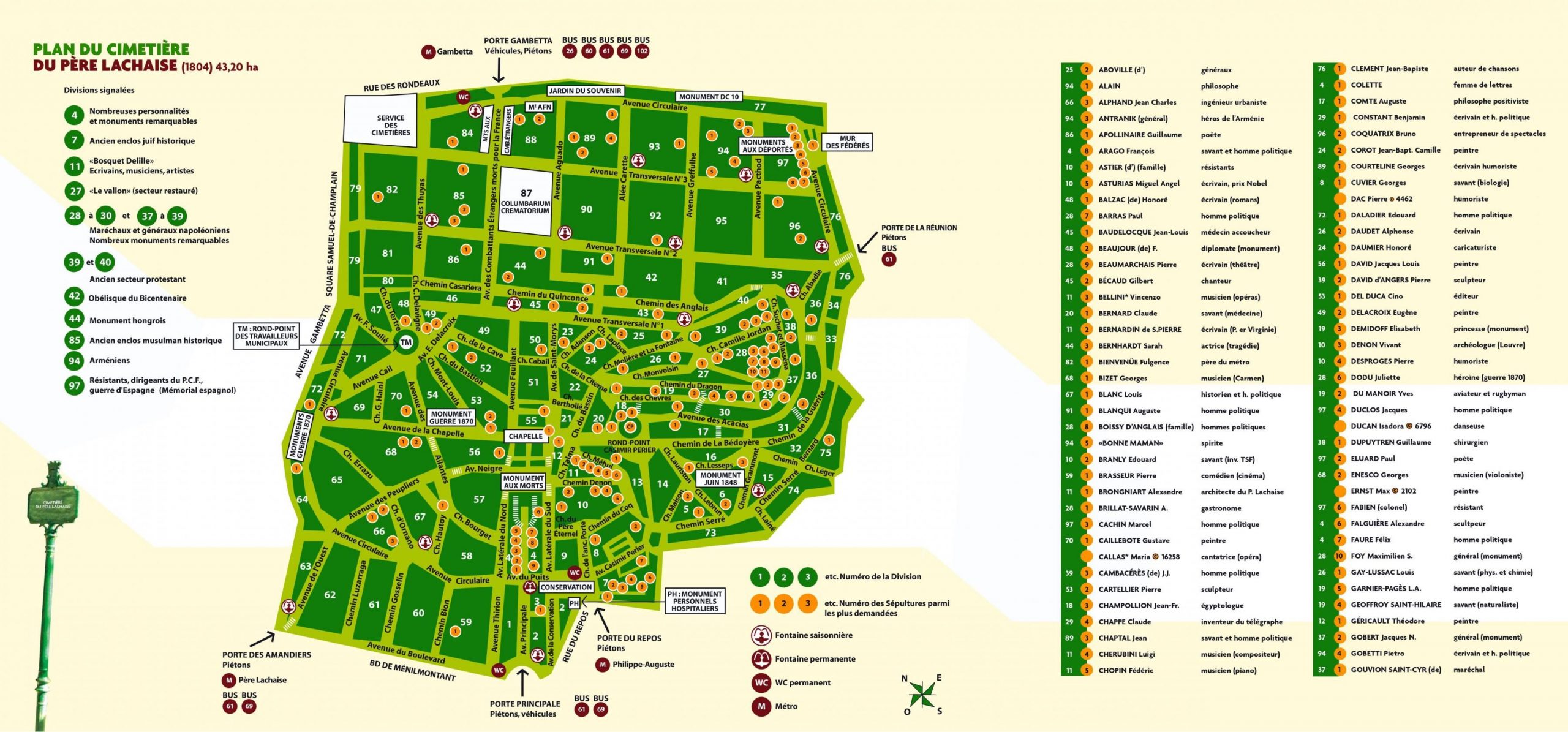Camille Pissarro
Fun Facts
In 1871 in Croydon, England, he married his mother’s maid, Julie Vellay, a vineyard grower’s daughter, with whom he had seven children, six of whom would become painters. The grandson of Camille Pissarro, Hugues Claude Pissarro (dit Pomié), was born in 1935 and his work has been featured in exhibitions in Europe and the United States, and he was commissioned by the White House in 1959 to paint a portrait of U.S. President Dwight Eisenhower. He now lives and paints in Donegal, Ireland, with his wife Corinne who is also an accomplished artist and their children.
During World War II many original Pissarro paintings were looted from Jewish owners. After the war many of those paintings found their way into the United States illegallydisplayed at such museums as the Jewish Museum in New York and the University of Oklahoma.
The most expensive impressionist painting by Pissarro sold to date is Boulevard Montmartre (Spring Morning) which sold for £19.9 million when auctioned by Sotheby’s in London in February 2014, giving it an adjusted price of $38.3 million.
Cemetery Information:
Final Resting Place:
Cimetière du Père Lachaise
16 Rue du Repos, 6ème division, Chemin Lesseps
Paris, , 75020
France
Europe
Map:

Grave Location:
Division 7, Avenue Rachel, Section 3, Ligne 2, Number 13Grave Location Description
As you enter the cemetery from the Rue de Repo gate, take an immediate right onto Avenue Rachel and the famed impressionist artist is 47 burial plots from the intersection on the left (or 22 burial plots past the infamous Rothschild banking family) second row in.
Grave Location GPS
48.859197, 2.391686Photos:
FAQ's
Read More About Camille Pissarro:
- Wikipedia Entry
- The Official Website of Artist Camille Pissarro
- Camille Pissarro - The Most Central Impressionist
- Camille Pissarro Museum – Musée Camille Pissarro
- The Pissarro Family of famous painters
- The Art of Camille Pissarro
- Pissarro Family’s London Home Hits Market for First Time in 116 Years
- Pissarro and Norwood Village, England





